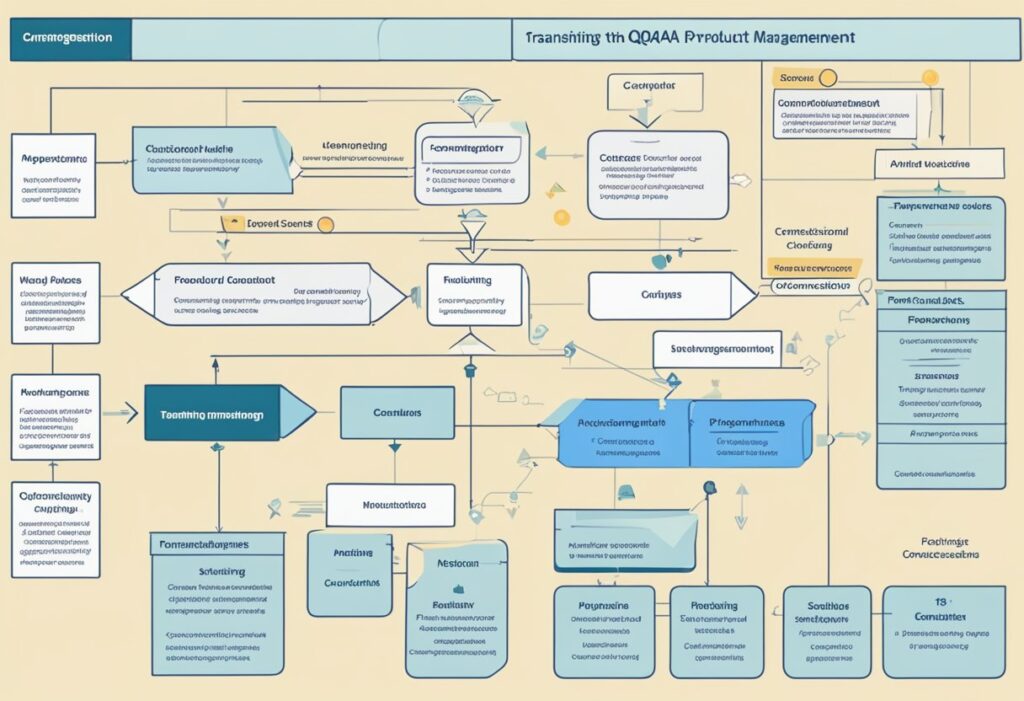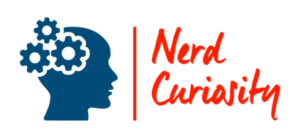Embarking on a career transition can often feel like charting a course through unknown territory; this is especially true when considering a move from a role in Quality Assurance (QA) to that of a Product Manager (PM). QA professionals are masters of detail, understanding every nuance of a product and keenly attuned to the user’s voice. But can the precision and deep focus of quality assurance translate into the broad strategic vision required of a product manager? Your unique skill set may indeed set the stage for a successful shift.

Yes, a QA can become a Product Manager.
Digging deeper, it’s essential to explore how the analytical finesse and customer-centric approach characteristic of a QA role provide a solid foundation for excelling in product management. In the journey ahead, you’ll discover how to leverage your QA know-how to navigate product strategy, user experience, and team leadership. By the end of this article, expect a comprehensive map outlining key competencies to hone, challenges you might face, and practical steps to bridge the gap between QA and PM—a career transformation that’s not just possible, but potentially fulfilling and rewarding.
Understanding the Role of a QA Engineer

As a QA engineer, you play a pivotal role in software development, serving as the linchpin for product quality and customer satisfaction.
Core Responsibilities in QA
Your daily tasks involve a structured process where you create detailed test cases and execute them. You meticulously hunt for bugs and inconsistencies, ensuring that each element of a product lives up to the rigorous standards of quality assurance. You’re not just breaking software to find faults; you’re part of a preventive strategy to safeguard the user experience before the product reaches the market.
- Designing and implementing tests
- Bug detection and documentation
- Automation of test processes
Quality Assurance Versus Product Management
In contrast to product management, your focus is more technical and specialized. You concentrate on validation of the product against requirements through systematic testing procedures. Rather than steering the product direction, you ensure that every feature works as intended, delivering reliability and trust to users.
- Ensuring product quality aligns with specifications
- Providing feedback on product performance
Your keen eye for detail and persistence in improving processes are cardinal abilities that greatly contribute to the overall health of any software product.
Transitioning from QA to Product Manager

When aspiring to move from QA Engineer to Product Manager, you need to enrich your skillset and embrace a strategic mindset. Mentorship can play a pivotal role in this transition, providing guidance and insight into your burgeoning role.
Necessary Skills for Product Managers
As a Product Manager, your role extends beyond the technical competencies of quality assurance. You must develop a versatile skillset that includes a strategic understanding of product vision and product strategy. Fundamental to this role are exceptional communication skills to articulate the product’s purpose and its alignment with business goals. Essential skills for Product Managers also involve prioritization to ensure the most valuable tasks always take precedence.
- Strategic Thinking: Envisioning long-term product success and plotting a course to reach there.
- Communication Mastery: Conveying complex ideas clearly to stakeholders and aligning team efforts.
- Data-Driven Decision-Making: Utilizing metrics to inform product decisions and measure success.
Skill Development for QA Engineers
To pivot from QA to Product Management, develop skills beyond your current role. Sharpen your understanding of customer needs and market dynamics. Expand your technical knowledge to include aspects of business and product lifecycle management.
- Observe and learn from product strategy meetings.
- Seek projects that require cross-departmental communication.
- Take on responsibilities that expose you to decision-making processes.
The Importance of Mentorship
A mentor with experience in Product Management can offer you personalized advice and insightful industry knowledge. With their guidance, you can navigate the complex path of career advancement more smoothly. They can help you recognize and enhance your strengths, identify areas for improvement, and provide a sounding board for your ideas on product strategy and prioritization.
- Seek a mentor who communicates effectively and exhibits the virtues of a good leader.
- Attend relevant workshops and networking events to find potential mentors.
- Engage in regular discussions with your mentor to track progress and set goals.
Key Challenges and Opportunities

When considering a transition from QA to Product Management, you’ll face hurdles and possibilities that will test your adaptability and push your career to new heights.
Overcoming Common Obstacles
One of the main obstacles you may encounter is a shift in mindset: you’re moving from a focus on quality control to a broader user experience vision. It’s crucial to balance attention to detail with strategic planning. You must learn to value feedback not just for bug fixing, but also for enhancing the product’s market fit. Another challenge is embracing the ambiguity that often comes with strategic roles; decision-making now involves more uncertainty and critical thinking.
Leveraging QA Experience
The precision and systematic approach you honed as a QA professional will be immensely valuable as a Product Manager. Utilize your knack for identifying problems by framing them as opportunities for continuous improvement and product innovation. You can leverage your deep understanding of the product to inspire trust and collaboration among your new peers.
Benefits of a QA Background
Your QA background gives you a unique edge: attention to detail and a user-centric mindset. As a result, you are well-positioned to empathize with users and translate technical details into meaningful product improvements. The transition to Product Manager can open the door to a more dynamic career, allowing you to lead with influence and shape the product’s direction.
Strategic Integration with Product Management

Transitioning from QA to a product management role involves leveraging your skills to strategically integrate with the product management process. This means not only ensuring product quality but also actively contributing to the product strategy.
Communication with Stakeholders
As a product manager, it’s crucial that you maintain effective communication with stakeholders. You’ll need to articulate the product’s progress and how each phase aligns with the broader business goals. Remember, your ability to clearly convey complex information can foster trust and facilitate decision-making.
Focusing on Customer-Centric Solutions
Customer success should be at the heart of your role; it’s essential to adopt an iterative approach to product development. This means regularly gathering customer feedback and using it to refine the product. Your focus on delivering value to customers fuels continuous improvement and innovation.
Collaborating with Cross-Functional Teams
Lastly, your integration with cross-functional collaboration is key. You’ll work alongside the development team, engineering team, and more to ensure a cohesive effort. It’s your job to coordinate these diverse talents, keeping everyone on the same track towards a common vision.
Developing a Career in Product Management

Charting a path to a career in product management involves strategic planning and cultivating essential skills. Your journey will be marked by key educational milestones and the expansion of your professional connections.
Educational Pathways
To secure a foothold in product management, a relevant degree is invaluable. Whether you pursue business, marketing, or something more technical, your educational choices should provide a comprehensive understanding of the product lifecycle and product roadmap development. Resources such as online courses or product management certifications could also bolster your expertise.
Building a Professional Network
Connecting with industry professionals is pivotal. Attend conferences and join online communities to meet potential mentors and employers. Your network can offer access to unadvertised job openings and give insights into what companies expect from their product management teams.
Setting Career Milestones
As you work toward becoming a product manager, set clear milestones. Start by defining a learning roadmap that includes mastering skills relevant to product management. Then, aim for roles that get you closer to your goal, like a position that allows you to shadow a product manager or manage a small project to gain practical experience.
Conclusion

Transitioning from QA to product management is a viable path. You will not only enhance your career but also broaden your skill set. Remember, as a QA, you have a keen eye for detail. It’s a valuable asset in product management as you’re tasked with fine-tuning a product until it aligns with market needs. Don’t underestimate your experience; it’s the bedrock for your new role.
To ensure a smooth transition:
- Seek mentorship from experienced product managers. They can provide guidance specific to your journey.
- Invest in additional training or certification.
- Engage with online communities or groups. They offer diverse insights — plus, networking is key.
- Learn to think strategically about product development. It’s a core aspect of your role.
- Your communication skills need to be top-notch. Clearly articulate product vision and goals to stakeholders.
Your path to product management will require commitment and learning. However, your QA expertise provides a solid foundation to build upon. Prepare yourself for an exciting career ahead, full of opportunities to shape innovative products!
With the right mindset and resources, you’re well on your way to becoming a successful product manager.
